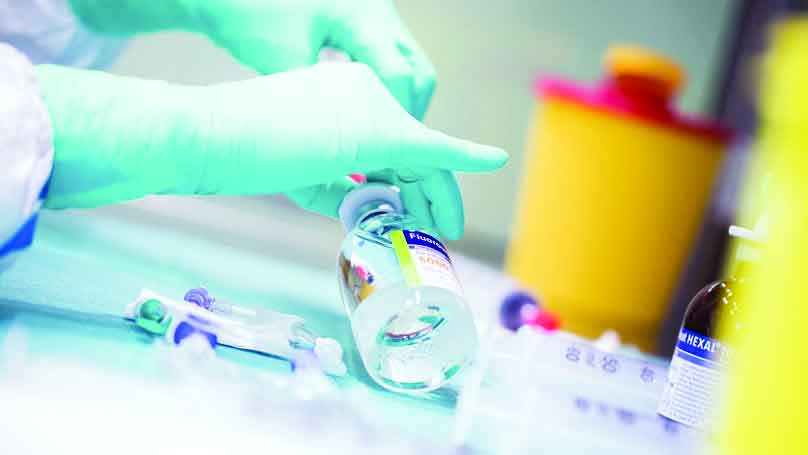cancer cure in a year, say scientists
Unfortunately, there is no true cure for cancer yet, but treatment can help control the symptoms and significantly improve a person’s outlook. That is why detecting and treating the disease at an early stage is so important when it comes to cancer. Recent advances in medical technology are helping move humans closer than ever to a cure. While curing cancer is the goal of everyone, it would mean completely eliminating all traces of cancer from the body and ensuring the disease won’t come back. And that’s exactly what a team of Israeli scientists is claiming. The team announced that its preliminary research on mice has given them new hope of a cancer cure within a year’s time. Accelerated Evolution Biotechnologies CEO Dr Ilan Morad told the Jerusalem Post that a new treatment called MuTaTo, which would work more like a ‘cancer antibiotic’. Reportedly, the treatment uses cancer-targeting peptides for each cancer cell, which can reportedly reduce the chances of evasion through mutation.
Exercise may Improve thinking skills
Regular aerobic exercise, such as walking or climbing stairs, may improve thinking skills not only in older people but in young people as well, according to a study published in the online issue of Neurology®, the medical journal of the American Academy of Neurology. The study also found that the positive effect of exercise on thinking skills may increase as people age. The specific set of thinking skills that improved with exercise is called executive function or a person’s ability to regulate their own behaviour, pay attention, organise, and achieve goals. “As people age, there can be a decline in thinking skills. Our study shows that getting regular exercise may help slow or even prevent such decline,” said study author Yaakov Stern.
Drinking too much can change dna
Binge and heavy drinking may trigger a long-lasting genetic change, resulting in an even greater craving for alcohol, according to a Rutgers-led study in the journal Alcoholism: Clinical & Experimental Research. “We found that people who drink heavily may be changing their DNA in a way that makes them crave alcohol even more,” said Distinguished Professor Dipak K Sarkar, senior author of the study and director of the Endocrine Program in the Department of Animal Sciences at Rutgers University-New Brunswick. “This may help explain why alcoholism is such a powerful addiction, and may one day contribute to new ways to treat alcoholism or help prevent at-risk people from becoming addicted.” In 2016, more than three million people died from the use of alcohol, according to the WHO — that is 5 per cent of all global deaths. More than three-quarters of alcohol-caused deaths were among men. The use of alcohol also caused 5.1 per cent of the worldwide toll of disease and injuries.


























